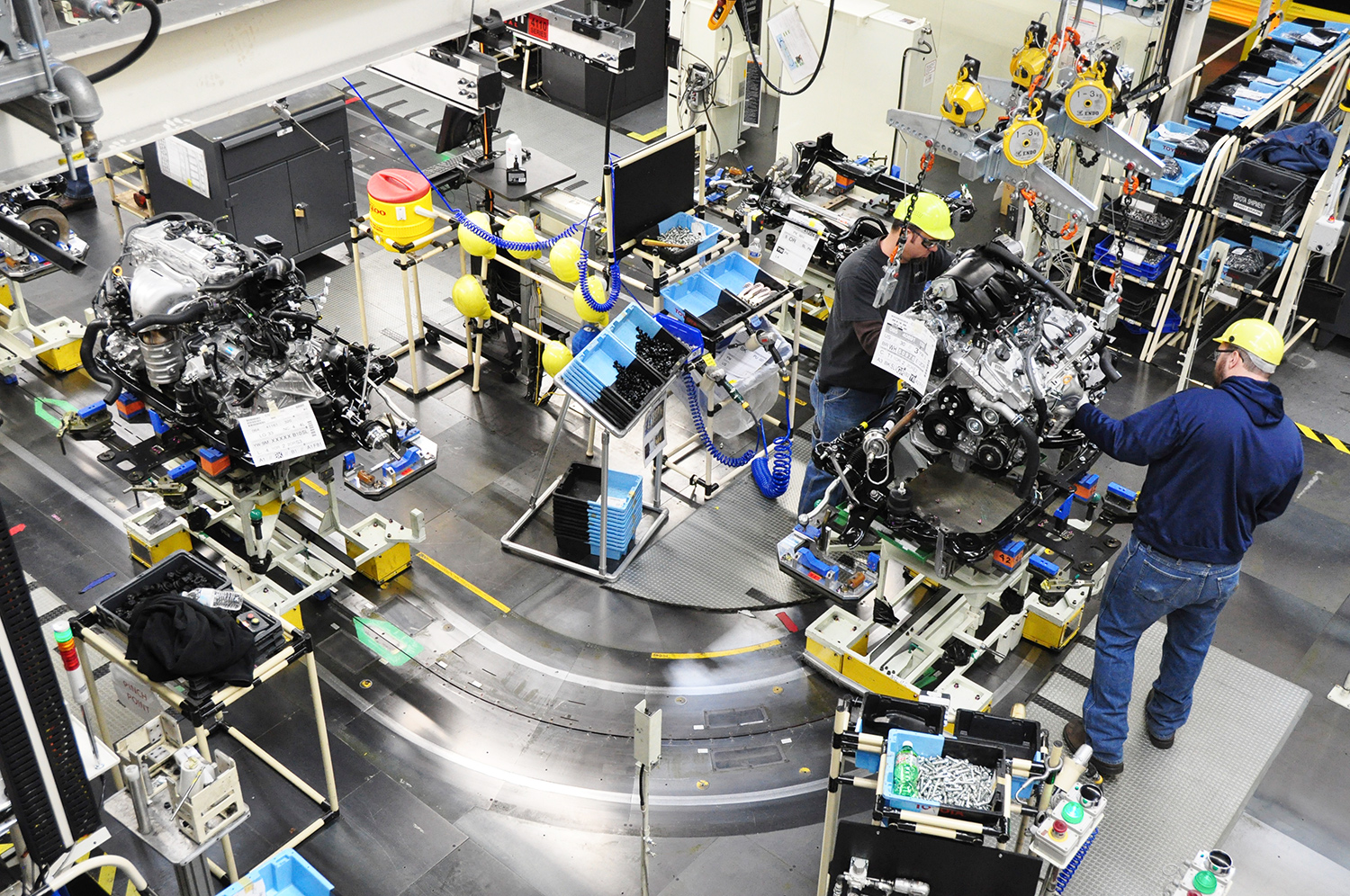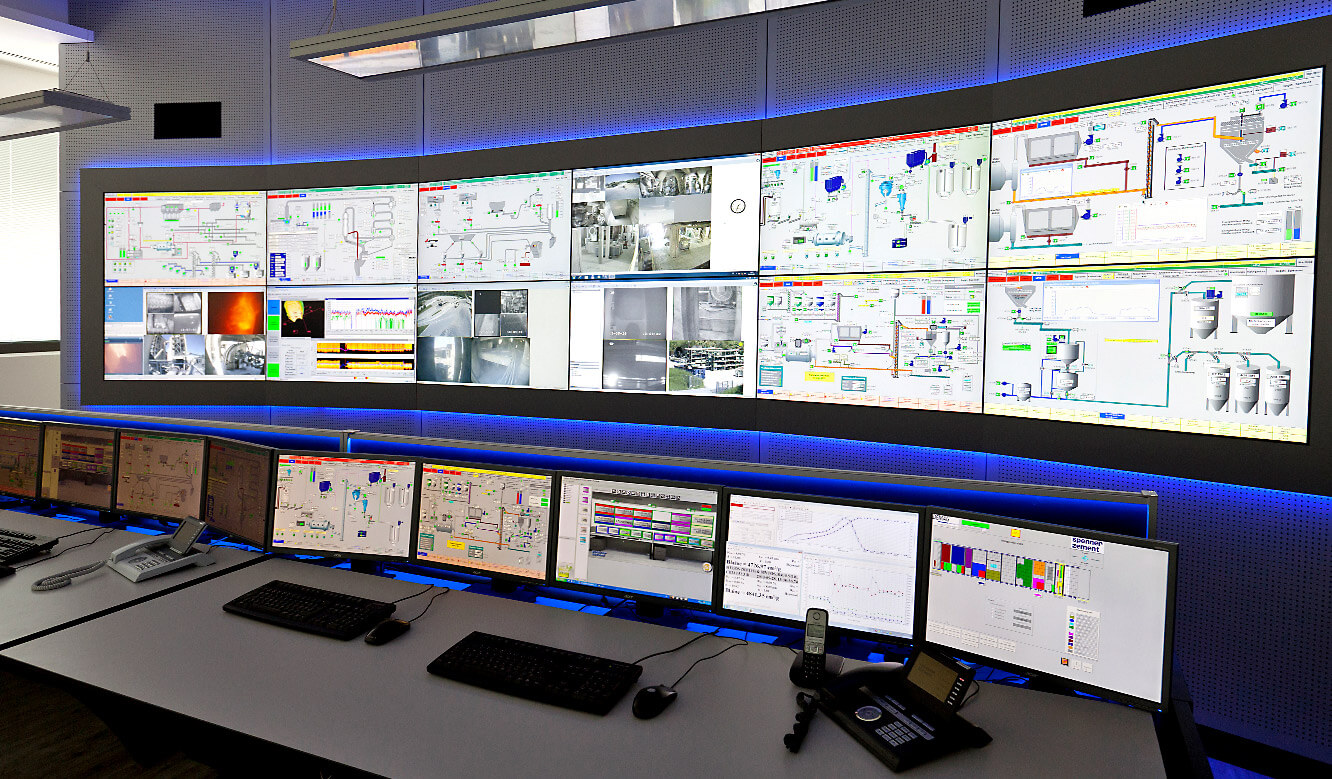
Case Studies of Successful Flexible Manufacturing Systems Deployment
Flexible Manufacturing Systems (FMS) have revolutionized modern production by enabling manufacturers to adapt quickly to changing market demands. This article explores successful FMS deployments across various industries, highlighting their benefits and implementation strategies.

Samsung's deployment of FMS in their semiconductor plants demonstrates how flexibility can be achieved at scale:
2.1 Key Implementation Features
- AI-powered predictive maintenance
- Modular production cells
- Automated material handling systems
2.2 Achieved Benefits
- 60% faster product changeovers
- 35% increase in production capacity
- 50% reduction in energy consumption
3. Aerospace: Boeing's Flexible Assembly
Boeing implemented FMS for their 787 Dreamliner program, addressing complex assembly challenges:
| Component | Traditional Method | FMS Approach |
|---|---|---|
| Wing Assembly | Fixed jigs | Adaptive robotics |
| Fuselage Joining | Manual alignment | Laser-guided automation |
| System Testing | Sequential | Parallel testing |

Conclusion
These case studies demonstrate that successful FMS deployment requires careful planning, investment in flexible technologies, and organizational commitment to continuous improvement. The benefits - increased responsiveness, higher efficiency, and better resource utilization - make FMS a strategic imperative for modern manufacturers.
